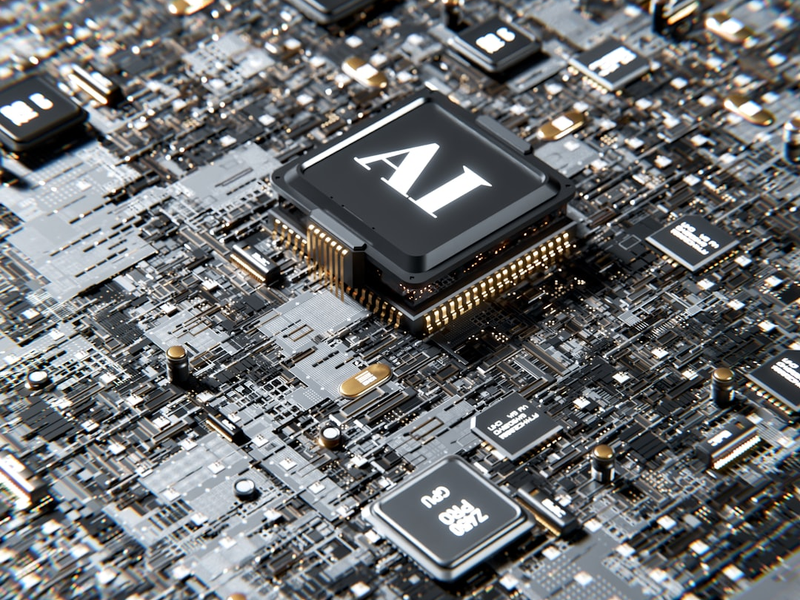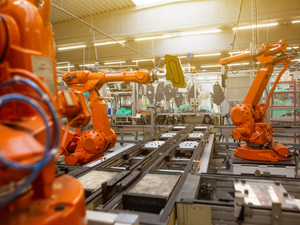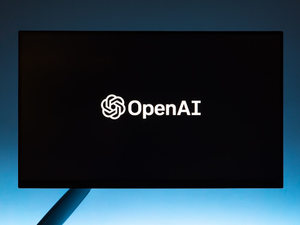AI Rights: Are We About to Get Weird with Robot Emotions?

Photo by Igor Omilaev on Unsplash
Silicon Valley is diving headfirst into the wild world of AI consciousness, and things are getting seriously strange. Researchers are now seriously asking whether artificial intelligence deserves legal rights - and no, this isn’t a sci-fi movie plot.
A handful of tech nerds are creating an entirely new field called “model welfare,” which sounds like something between a philosophical thought experiment and a Black Mirror episode. Organizations like Eleos AI Research are seriously investigating whether AI might actually have feelings - or something resembling them.
The Consciousness Conundrum
Right now, most experts agree that AI isn’t truly conscious. But they’re not dismissing the possibility entirely. Rosie Campbell from Eleos AI argues that historically, humans have been terrible at recognizing consciousness in different groups - from animals to marginalized human populations.
The Tech Industry’s Existential Crisis
Some tech leaders, like Microsoft AI’s CEO Mustafa Suleyman, think this whole conversation is dangerous. He warns that exploring AI consciousness could create “delusions” and complicate existing social struggles. But others argue that we can’t just ignore potentially profound philosophical questions.
What Even Is Consciousness?
Researchers are developing computational frameworks to potentially test AI sentience. The goal isn’t to declare robots have souls, but to seriously understand what consciousness might mean in a technological context. It’s less about giving Siri legal representation, and more about expanding our understanding of intelligence itself.
For now, AI “feelings” remain firmly in the realm of speculation. But as technology evolves, these seemingly absurd questions might become surprisingly relevant.
AUTHOR: mp
SOURCE: Wired




























